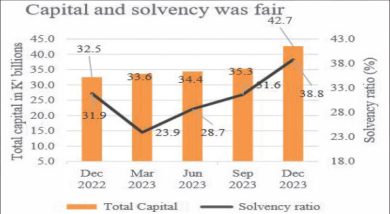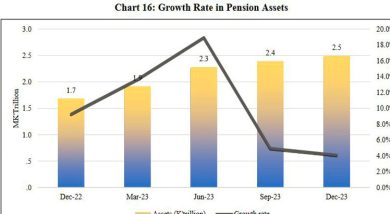Project to strengthen capacity of farmers’ associations
 Over 200 farmers’ associations are expected to be trained to build up their commercialisation capacities to give them greater negotiating power to demand higher prices for their products.
Over 200 farmers’ associations are expected to be trained to build up their commercialisation capacities to give them greater negotiating power to demand higher prices for their products.
This project, Food for Progress, was developed under the cooperative development programme and will be funded by the United States Agency for International Development (Usaid) and is being championed by Land O’Lakes.
Land O’Lakes international development country director in Malawi Derek Mullen said the programme will engage financial service providers to increase access to insurance, credit and other financial services for smallholder farmers.
“Through this programme, 51 000 food insecure farmers will learn about best production practices and improved technologies and the importance of maintaining a diverse diet along with safe hygiene practices,†he said.
Land O’Lakes is helping to improve productivity in Nkhotakota and Salima by expanding irrigation opportunities and taking market-based and private sector-led approaches to revitalise the agricultural sector.
“Over a 36-month time frame, we will partner with the private sector to increase the profit potential in the small livestock such as sheep, goats and poultry, rice and cassava value chains through this programme. These efforts will also strengthen the capacity of farmer organisations and improve agribusiness and support services,†said Mullen.
In line with the Malawi Government’s Agriculture Sector Wide Approach (A-SWap), the programme will prioritise strengthening food security at the household level by increasing and diversifying production, developing commercial agriculture and markets, enhancing soil fertility and maximizing the effective use of water resources.
To achieve the programme’s ambitious goals, Land O’Lakes will work with the farmers to increase production for cassava, rice, and small livestock; strengthen farmers’ organisations and their linkages to reliable markets and assist the government and other service providers to transition towards market-oriented farming.





